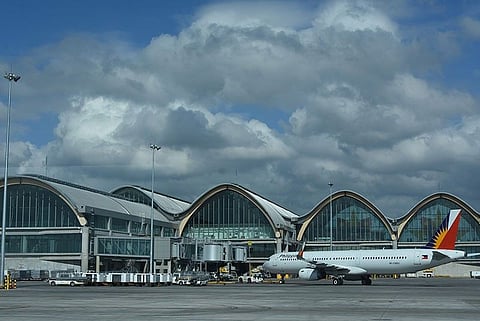

“IF TO to travel is a right (Section 6, Article II, 1987 Constitution), why is its exercise being taxed?”
So asked Rep. Pablo John Garcia (Cebu, 3rd district) as he filed House Bill 3874, which seeks to abolish the travel tax collected from those going to international destinations.
In the explanatory note to the bill he filed last Aug.13, 2019, Garcia pointed out, “taxing foreign travel is unreasonably burdensome on citizens and residents” since so many other components of travel are already being taxed.
“The income from which they obtained funds to purchase airline tickets would already have been subject to income tax. The sale of the airline ticket is already subject to taxes, which are passed on to the passenger. Furthermore, the passenger is made to pay terminal fees during every trip,” he noted.
“For a guaranteed right, travel would appear to be the most overtaxed and overburdened,” Garcia said.
The Tourism Infrastructure and Enterprise Zone Authority (TIEZA) currently collects P1,620 from each passenger traveling business and economy class. First class passengers pay P2,700 each.
“In this day of ‘piso fares,’ sometimes, the travel tax you pay is more than what you pay for a ticket,” Garcia said in a statement, referring to seat sales conducted a number of times during the year, usually by budget airlines.
The travel tax was enacted in 1956 yet under Republic Act (RA) 1478. Sixty-three years ago, the Philippines was still governed by the 1935 Constitution wherein the right to travel was not expressly provided. Back then, RA 1478 was aimed at “curtailing unnecessary foreign travels and to shore up foreign exchange. It was enacted at a time when travel was a luxury available only to the rich.”
“It would be an understatement to say that times have drastically changed since,” Garcia said.
He pointed out that the Philippines is a signatory to the Association of Southeast Asian Nations (Asean) Tourism Agreement of 2002 where member states committed to repealing travel levies and taxes on Asean nationals traveling to another country within the Asean. (PR)